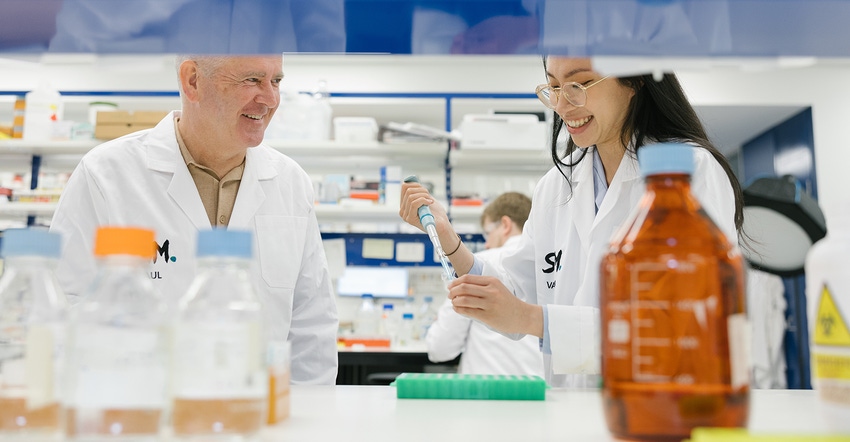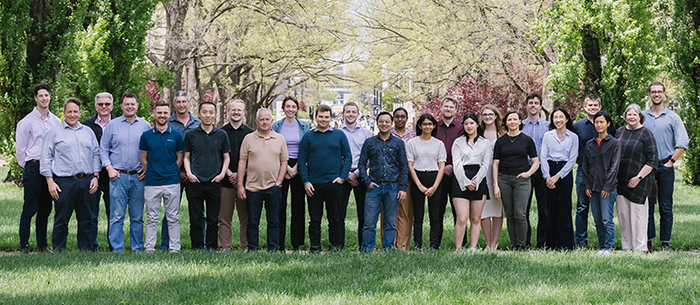Samsara Eco Scales Up Carbon-Neutral Enzymatic Recycling
A $36 million investment will help the Australian company launch its first recycling plant and prepare for expansion into North America and Europe.
November 14, 2022

In preparation for scaling up its enzyme-based recycling technology, Australian start-up Samsara Eco has raised AU$54 million/$36.13 million in Series A funding.
New investors in this round include Breakthrough Victoria, Temasek, Assembly Climate Capital, DCVC, and INP Capital. Co-investors include founding investors Main Sequence, Woolworths Group’s W23, and Clean Energy Finance Corporation (CEFC) Innovation Fund.
Samsara Eco, which launched last year, will use the new funding to expand its engineering team, develop its library of enzymes, and help fund its first commercial recycling facility. The Australian plant will start operating later this year and will achieve full-scale production in 2023. The facility will recycle of 20,000 tonnes/22,046 tons of plastic starting in 2024.
The company plans to eventually expand operations into North America and Europe. Its long-range goal is to recycle 1.5 million tonnes/1.65 tons of plastic per year by 2030.

Samsara Eco’s biocatalyst technology, developed in conjunction with the Australian National University, uses enzymatic biocatalysts to depolymerize plastic waste.
The resulting monomers are purified and can be used to produce food-grade plastics with the same properties and structural integrity as virgin resin. Products created with the recycled plastics can, in turn, be recycled at their end of life.
According to the company, its patented, carbon-neutral technology is particularly useful for recycling hard-to-recycle post-consumer waste. In addition to polyesters including polyethylene terephthalate (PET), Samsara Eco’s process is also applicable for polyamides, polyurethanes, and mixed, baled plastics.
“Unlike other alternative recycling practices, our process is economical, with a low carbon footprint and allows for the effective recycling of challenging plastics, including colored, multilayered, or mixed plastics and textiles,” says Paul Riley, CEO and founder of Samsara Eco.
Samsara has been working with Woolworths Group in Australia to bring to retail the first food packaging made from enzymatically recycled plastic. Woolworths Group announced in September its commitment to turning the first 5,000 tonnes/5,512 tons of recycled Samsara plastic into packaging for its house-brand products.
“We’re excited about the potential of Samsara and its ambitious plans, which have the power to positively disrupt the role of plastics in supermarkets and retail environments,” says Ingrid Maes, managing director of W23. “We look forward to partnering with Samsara as they work to make infinite recycling a national and global reality.”
You May Also Like


